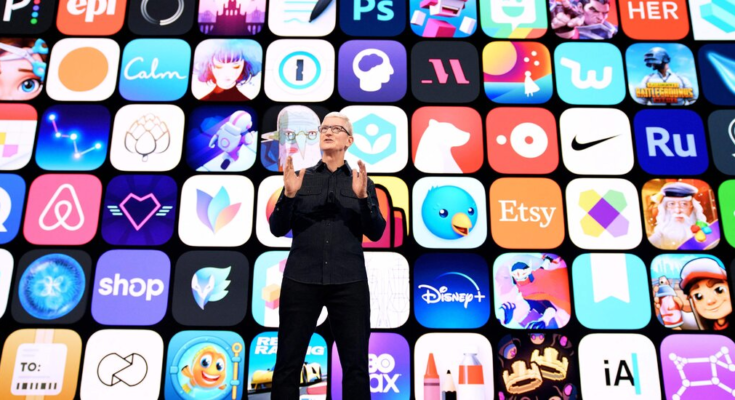The court fight with Epic, which played out in a federal court in Oakland, Calif., earlier this year, arguably presents the greater threat to Apple’s App Store business. Epic wants to force the iPhone maker to allow app developers to avoid App Store commissions altogether, which would be a major financial hit to Apple. A federal judge is expected to soon issue a verdict in that case.
While Apple has described the changes as a major concession to app developers, critics have argued that the moves are more for show than a substantive revamp of its business.
“A year ago, these concessions probably would have worked, and they still might, but legislators have built up momentum that could be hard to stop,” said Paul Gallant, an analyst at the investment bank Cowen.
More substantive reforms that Apple is likely hoping to avoid, critics said, would include drastically reducing or eliminating the 30 percent cut Apple receives from App Store purchases (like an item bought in a game), allowing other companies to install competing app stores on iPhones, or letting customers download apps directly from the internet.
Apple has not budged on its 30 percent cut over the years, with a few exceptions. In 2016, it lowered its commission for app users’ subscriptions down to 15 percent after one year, and agreed last year to reduce its cut to 15 percent for small app developers.
The change announced on Wednesday allowed a set of so-called reader apps — which provide content for digital media like books, newspapers, music and video — to steer their customers to their own websites to purchase subscriptions.
Until then, under Apple’s longstanding rules, apps like Netflix and Spotify were not allowed to advertise on their apps that users could purchase subscriptions on their websites. Spotify does, however, email new members a link to its website where it advertises its paid subscriptions, though it does not explicitly tell users to circumvent Apple.



